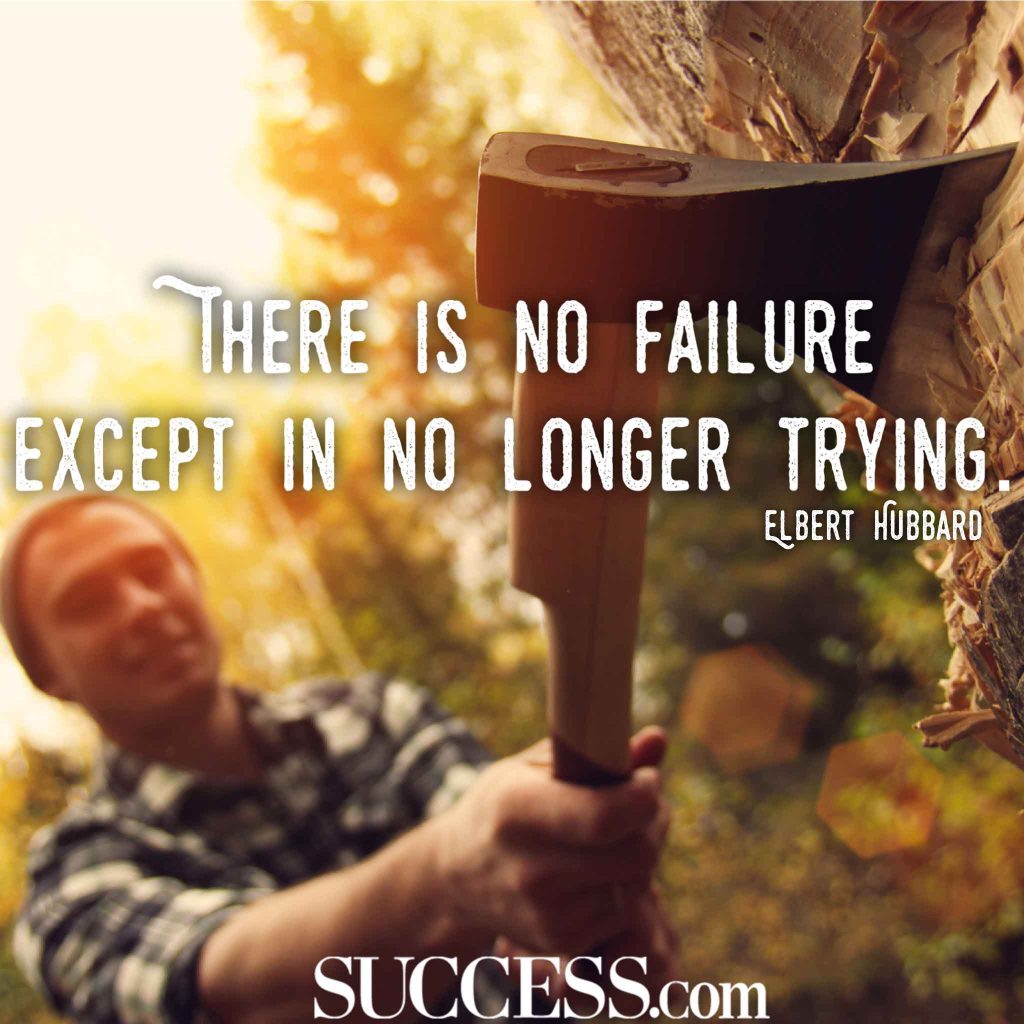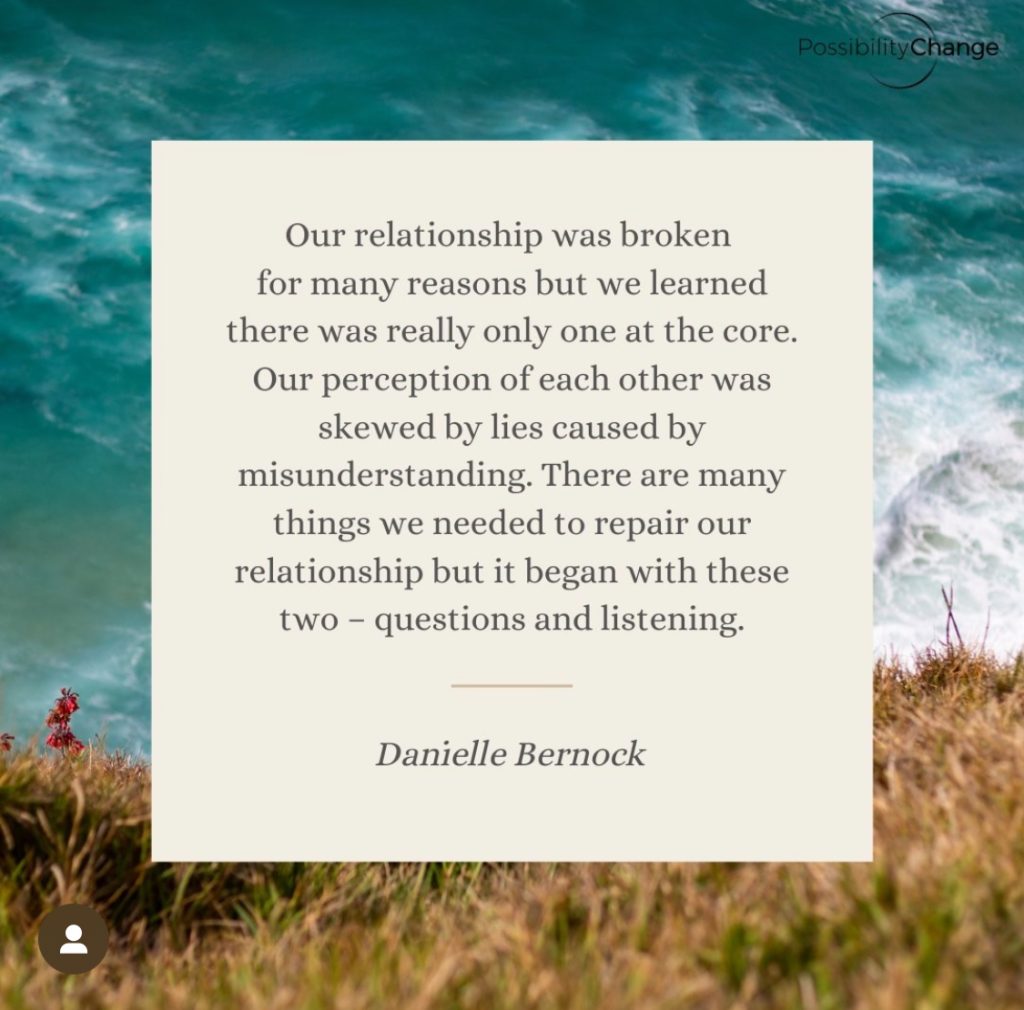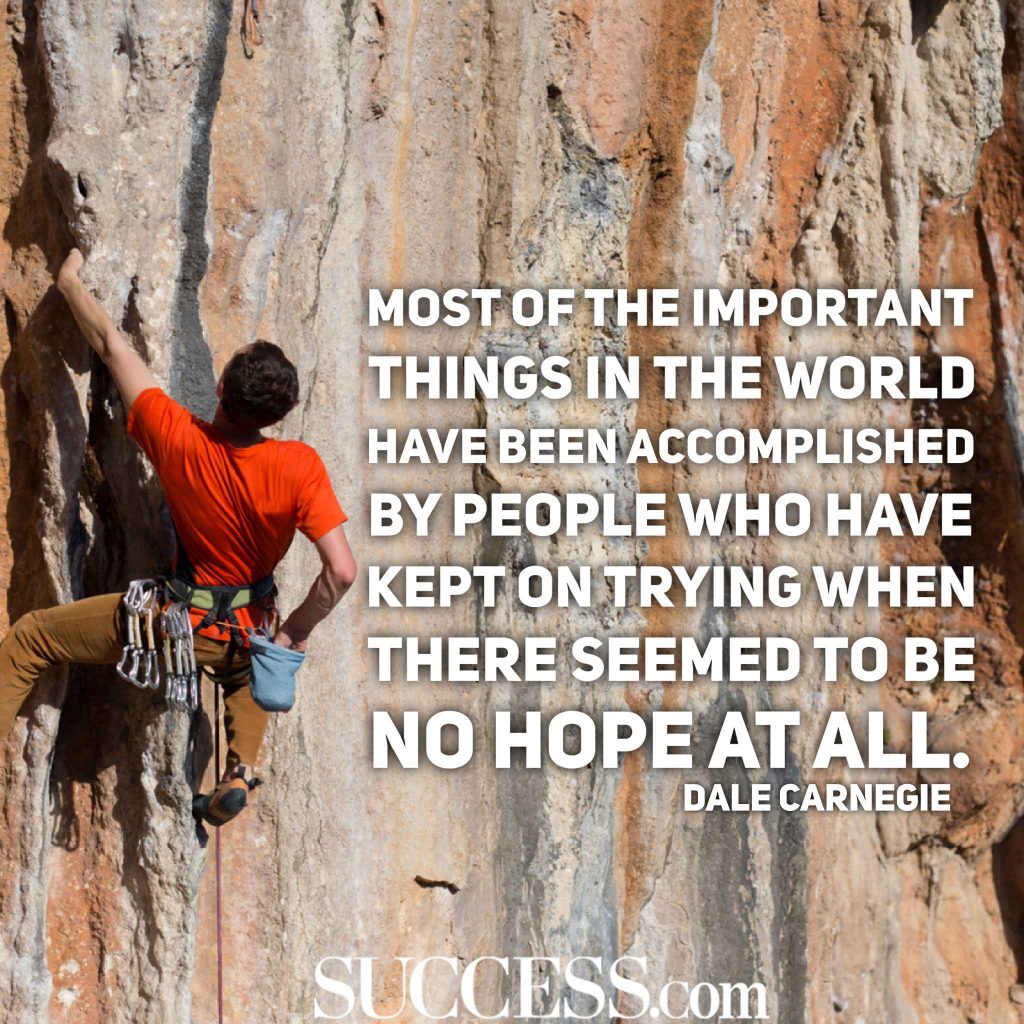
Photo Credit: Sandjest
Let’s think about friends for a few minutes. What a gift they are!! Sometimes for a season and sometimes for a lifetime. Yesterday, Pastor Cliff, continuing in a series from the Proverbs, preached on friends. It scratched a months-long itch for me, as time with friends has been a challenge.
In other seasons of life, I’ve enjoyed friendships with so many amazing people – mostly women but a few great men as well. I married one of those men and we continue to be the best of friends after over 40 years of marriage.
Sometimes friendship happens serendipitously, out of a single conversation or “chance” encounter. That spark requires some effort still to stir it into a flame…but maybe less effort than we think.

Photo Credit: C. S. Lewis, Pray with Confidence
British author C. S. Lewis had many deep friendships over his lifetime, beginning with a friendship with his brother, Warnie. He wrote about friendship in his book in The Four Loves.
The Four Loves Quotes – C. S. Lewis – Goodreads
Lewis enjoyed the company of a group of writer friends who were known as The Inklings. There were four at the core of this friend group, including J. R. R. Tolkien. Others would come and go. Their focus was on writing and all that went into their writing – the very stuff of their lives. Just think how this group of friends impacted each other and so many of us who read their published works!

Photo Credit: Wit & Wisdom of C. S. Lewis
Being myself older now, and in this season of retirement, I spend more time alone than maybe I should. Even before Pastor Cliff preached this sermon, a conviction was stirring in my heart about friends and the tending of those relationships.
How often we say “Let’s get together” or “We need to get coffee soon”? And another week passes. Thank God for sturdy friends who keep our relationships deepening through the years. I want to be that friend, too.
Loneliness and social isolation have become huge problems in our culture. We, too often, turn to counterfeits of deep friendship. Busyness, screens, entertainment, even sports and gym time sans relationship.
I will never forget, early in my career, a colleague responding (reacting) in a peer group team building session: “You all are just my co-workers.” Some of my dearest friends through the years were in my workplace. It’s part of what I miss in this season of life.
There is only so much time in a day…only so much mental energy…but we are wise to commit some of that to our friends. Some of those friends can also be family which is a double blessing.
I am resolved anew to redeem some of that time and energy in nurturing friendships…in being intentional, when someone comes to mind, to act on it. More than just thinking we should have coffee…some day. For you, especially older ones, but also busy young moms and dads, who have figured this out…bravo. True friends are a sweet comfort and a constant presence on good days and bad. They show up and give us the impetus to show up for them as well.
Below you will find a few treasures – in poetry and prose – that especially inspire me, in thinking about deep friendships.
I cannot tell why there should come to me a thought of someone miles and years away,
In swift insistence on the memory, unless there is a need that I should pray.
We are too busy to spare thought for days together of some friends away;
Perhaps God does it for us — and we ought to read His signal as a sign to pray.
Perhaps just then my friend has fiercer fight, a more appalling weakness, a decay
Of courage, darkness, some lost sense of right; and so, in case he needs my prayers — I pray. – Rosiland Goforth (Source Unknown)

Photo Credit: Sandjest
Barely the day started and… it’s already six in the evening.
Barely arrived on Monday and it’s already Friday.
… and the month is already over… and the year is almost over.
… and already 40, 50 or 60 years of our lives have passed.
… and we realize that we lost our parents, friends…and we realize it’s too late to go back…
So… Let’s try, despite everything, to enjoy the remaining time…
Let’s keep looking for activities that we like…
Let’s put some color in our grey…
Let’s smile at the little things in life that put balm in our hearts.
And despite everything, we must continue to enjoy with serenity this time we have left. Let’s try to eliminate the afters…
I’m doing it after… I’ll say after… I’ll think about it after…
We leave everything for later like ′′ after ′′ is ours.
Because what we don’t understand is that:
Afterwards, the coffee gets cold… afterwards, priorities change…
Afterwards, the charm is broken… afterwards, health passes…
Afterwards, the kids grow up… afterwards parents get old…
Afterwards, promises are forgotten… afterwards, the day becomes the night… afterwards life ends…
And then it’s often too late….So… Let’s leave nothing for later…
Because still waiting to see you later, we can lose the best moments,
the best experiences, best friends, the best family…
The day is today… The moment is now… – Caitriona Loughrey
“If equal affection cannot be, let the more loving one be me.”
—W. H. Auden, “The More Loving One”

A man was sleeping at night in his cabin when suddenly his room filled with light and the Savior appeared. The Lord told the man he had work for him to do, and showed him a large rock in front of his cabin. The Lord explained that the man was to push against the rock with all his might.
This the man did, day after day. For many years he toiled from sun up to sun down, his shoulders set squarely against the cold, massive surface of the unmoving rock, pushing it with all his might. Each night the man returned to his cabin sore, and worn out, feeling that his whole day had been spent in vain.
Noticing that the man was showing signs of discouragement, the adversary decided to enter the picture by placing thoughts into the man’s weary mind. “You have been pushing against this rock for a long time, and it hasn’t budged. Why kill yourself over this? You are never going to move it.” Thus giving the man the impression that the task was impossible and that he was a failure. These troubling thoughts discouraged and disheartened the man. “Why kill myself over this?” I’ll just put in my time, giving just the minimum effort and that will be good enough.
And that is what he planned to do until one day he decided to make it a matter of prayer and take his thoughts to the Lord. “Lord” he said, “I have labored long and hard in your service, putting all my strength to do that which you have asked. Yet, after all this time, I have not even been able to budge that rock. What is wrong? Why am I failing?”
The Lord responded compassionately, “My friend, When I asked you to serve me and you accepted, I told you that your task was to push against the rock with all your strength, which you have done. Never once did I mention to you that I expected you to move it. Your task was to push. And now you come to me with your strength spent, thinking that you have failed. But, is that really so?”
“Look at yourself. Your arms are strong and muscled, your back sinewy and brown, your hands are callused from constant pressure, and your legs have become massive and hard. Through opposition you have grown much and your abilities now surpass that which you used to have. Yet you haven’t moved the rock. But your calling was to be obedient and to push and to exercise your faith and trust in my wisdom. This you have done. I, my friend, will now move the rock.” – Author Unknown
17 Christian Friendship Quotes [And 7 Steps To Be a Life-Long Friend] – Ava James
















































